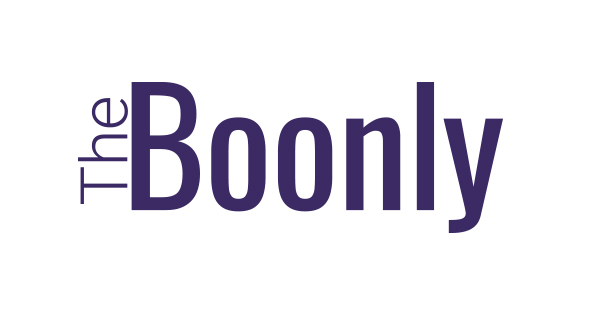On Reimagining Work With Paul Millerd
11/12/2023

Interview Of The Week
Paul Millerd is a writer, podcaster, and general curious human exploring our modern relationship with work. Find The Book, Listen To The Podcast, Or Follow His Newsletter
With 40k global sales, The Pathless Path has become a surprise best-seller. The book has received attention from major publishers, including a 6-figure offer from a Big Five publisher (which was turned down).
We’re excited to talk to Paul about what he thinks is the most important idea from his book.
1. If you had to choose just one idea/concept from your book that everyone should know about, what would that be?
PM: I think the biggest one is a reframing of our conception of work from something we do for other people, typically in a job, to a broad range of activities, creative activities, and states of being that you can exist in the world. Too many people have come to see work as something that comes with a paycheck and because of this frame unnecessarily limit their own imagination about what’s possible both in terms of paid work but also unpaid creative work. Things that might not help you make money, but feed your soul.
2. Why is this idea important and how can it help us grow?
PM: From 2018 to 2022 I talked to over five hundred people about their relationship to work. The consistent thing across everyone I talked to from every different age, race, gender, country, and socioeconomic class is that everyone wants to be challenged and inspired and is having trouble finding it in today’s world.
I think what my book challenges people to do is take the search for work worth doing seriously and accept that it might not meet all their needs in the short-term and that you might face challenges, have to make trade-offs, and potentially lose respect from others, but that it might also be worth it.
3. What existing beliefs or practices does this idea challenge and how?
PM: A lot of people grew up with scripts around work that are hard-coded in their minds about how the world works and what they are supposed to do in such a world. Accepting that finding work worth doing might involve non-work (which might trigger fears of being worthless or lazy), creative experiments, and false starts, a lot of this kind of search and personal reflection requires people to challenge their own identities and sense of self.
4. How can we use this idea in our day-to-day lives, or to see things in a new light? Can you think of any examples?
PM: I think the simplest thing I tell people to do: write down your definition of work. Make it 2-3 sentences. Really define it and figure out what you think. Many people haven’t really ever thought about it that deeply.
And then write out 10 reasons why you work. Most people can come up with a couple. The reasons 3-10 are what make you think.
A quote from the book:
“This is what the pathless path is all about. It’s having the courage to walk away from an identity that seems to make sense in the context of the default path in order to aspire towards things you don’t understand. It’s to experiment in new ways, to remix your own path, to develop your own personal definition of freedom, and to dare to have faith that it will be okay, no matter how much skepticism, insecurity, or fear you face.”
